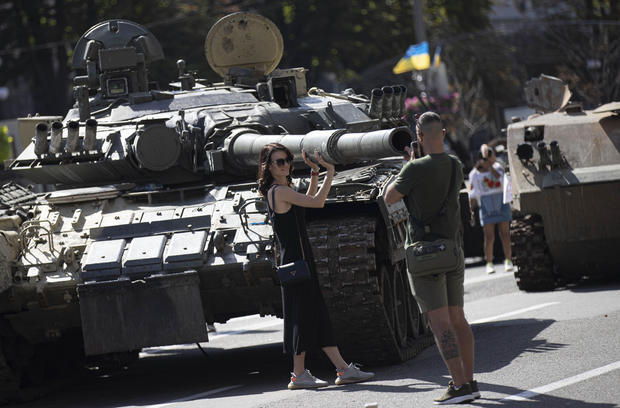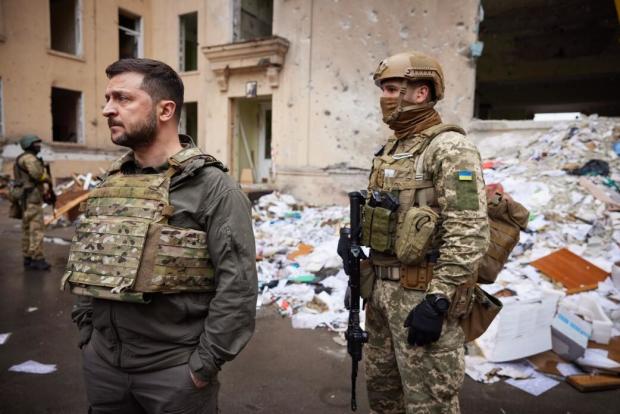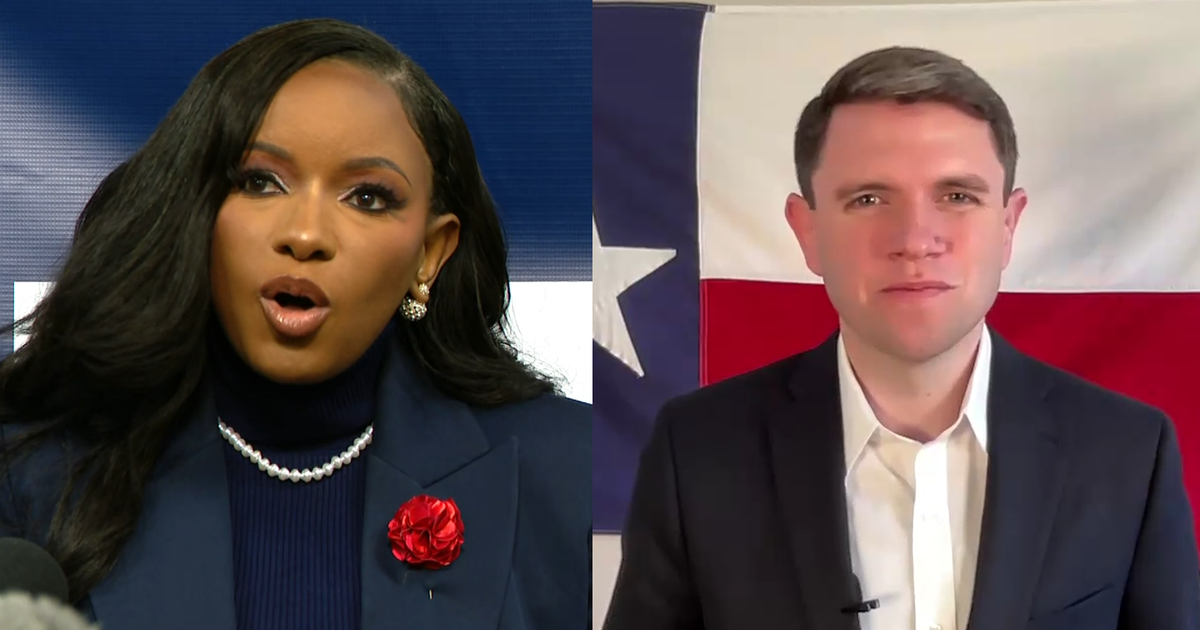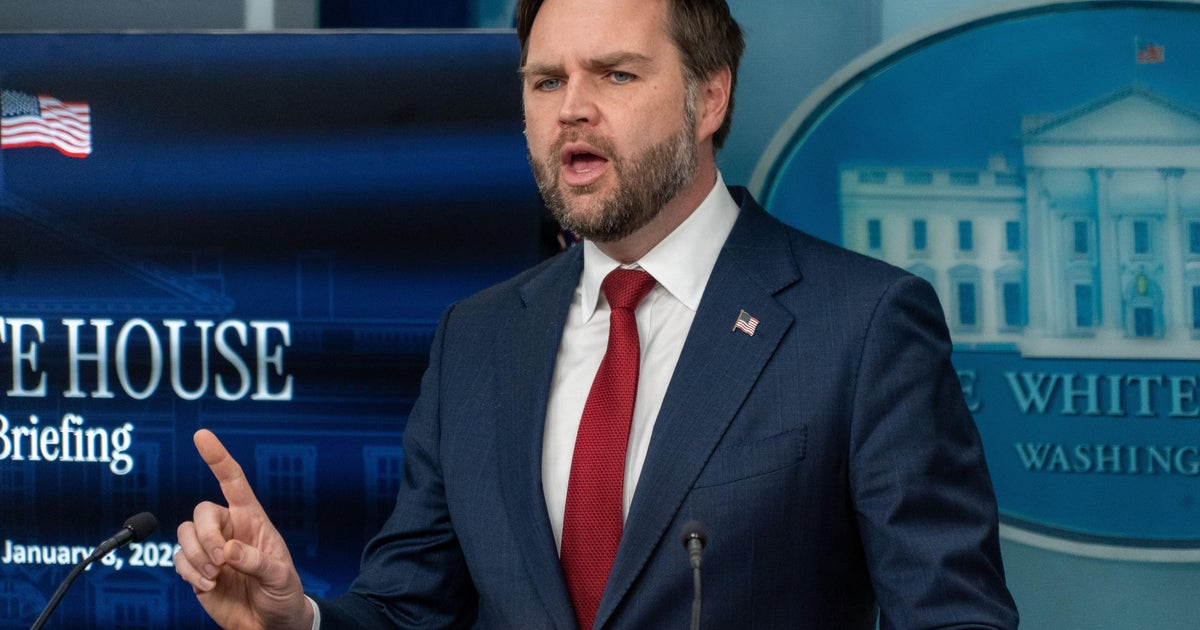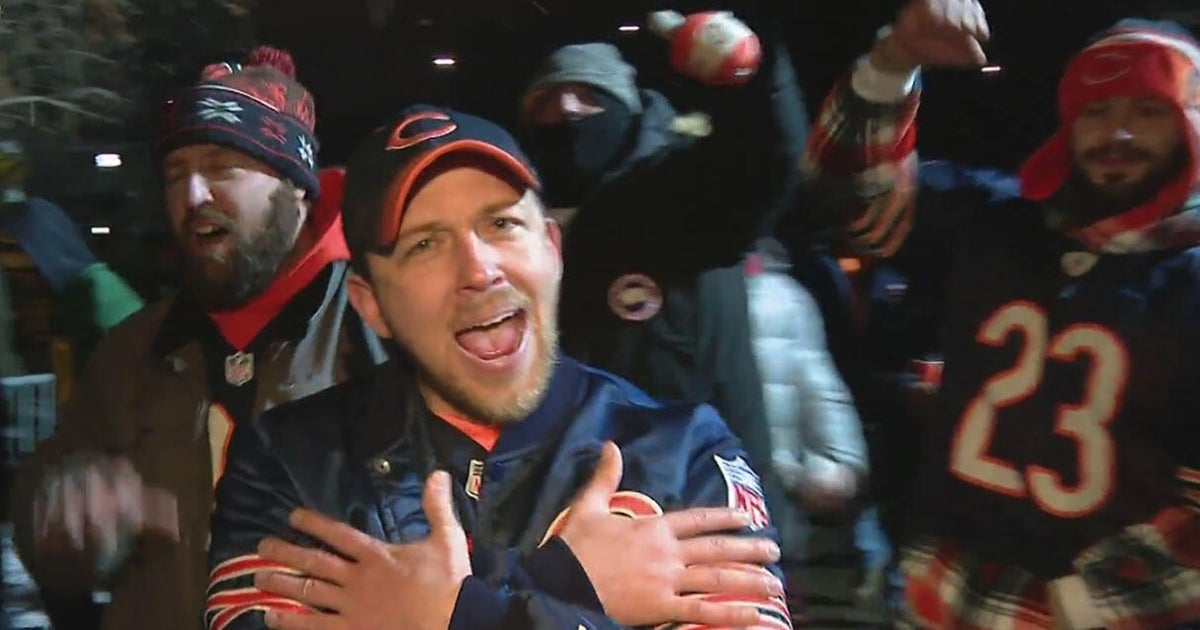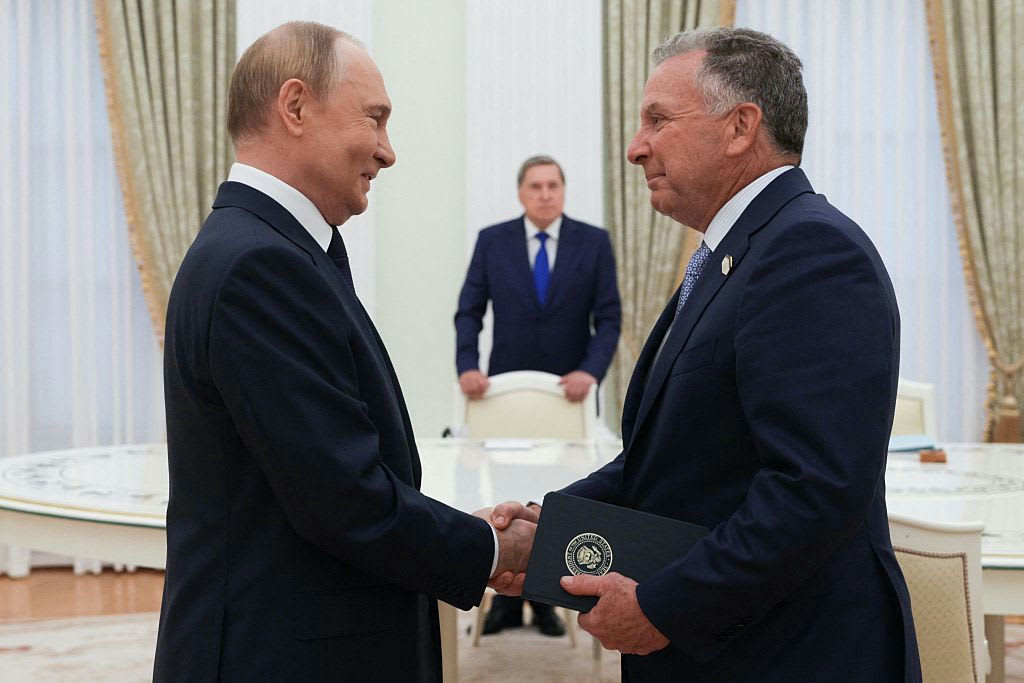Ukraine's trademark defiance on display as it marks 31 years of independence, and 6 months fending off Putin's invasion
Kyiv, Ukraine — It has been exactly six months since Russian President Vladimir Putin launched his full-scale invasion of neighboring Ukraine. But that wasn't the only anniversary being marked Wednesday: It's also Ukraine's Independence Day, and officials from Kyiv to Washington have warned that Russia could launch new attacks to mark both occasions.
Despite the threat, CBS News correspondent Debora Patta said Ukrainians were choosing to celebrate their country's 31 years of independence from what used to be the Soviet Union with their trademark defiance, not fear.
Russian tanks destroyed over the last six months of grueling warfare were put on display in the streets of Kyiv.
It was a very different atmosphere from last year's Independence Day celebrations. The country's wartime president, Volodymyr Zelenskyy, has long swapped his suit and tie for military fatigues.
He set the tone on Wednesday when he raised the familiar yellow and blue flag, boldly proclaiming to his people and the world that it would once again fly over the whole country — including the Crimean Peninsula, which Putin unilaterally annexed in 2014.
Michael Carpenter, U.S. Ambassador to the Organization for Security and Co-operation in Europe, called Russia's six-month, "barbaric assault on its peaceful, democratic, and sovereign neighbor" a "naked attempt to reverse the events that occurred 31 years ago by turning Ukraine once again into a captive nation."
But even Ukraine's seemingly unshakeable resolve couldn't obscure the cloud of risk hanging over Wednesday's celebrations, and Zelenskyy didn't pretend otherwise.
"Repugnant Russian provocations are possible," he warned his people. "Respect curfew and act on air raid sirens."
Economist Andriy Dligach told CBS News that half a year of fighting had taught Ukraine a valuable lesson: That the only way to deal with a bully, is to stand up to them.
He said it was "amazing" that Ukraine has not only survived, but that it has continued "to show the whole world… We shouldn't be afraid of Putin or of war."
"We should be as brave as possible, to be open and to be ready for the new world," Dligach said. He knows the costs for his country have been tremendous, but the stakes couldn't be higher.
"We are trying to find a way how to not only survive, but to win quickly, in order to save Ukrainian infrastructure, save Ukrainian economics, and first of all, save our lives."
The capital city of Kyiv has become the defining symbol of Ukraine's bravery. Putin's hopes of a swift victory came to nothing, as his invading forces were prevented from seizing the city.
Instead, civilians who fled to the countryside towns of Bucha and Irpin bore the brunt of a month of terror unleashed by Russian troops.
Ukrainians are now accustomed to the sound of constant air raid sirens, which routinely sound the alarm in Kyiv.
In Russia — where it's not even legal to refer to the invasion as a war, but only as a "special military operation" — questions are surfacing.
"I really don't understand who needs this war," said Russian cemetery worker Olga Gryaznova. "The mothers, too, keeping asking: 'Who needs this war?'"
But six months later, it continues. The destroyed Russian tanks on display in Kyiv serve as a clear reminder that Putin's hopes of a swift victory parade down its streets were halted by a nation fighting desperately to hold onto its freedom.
